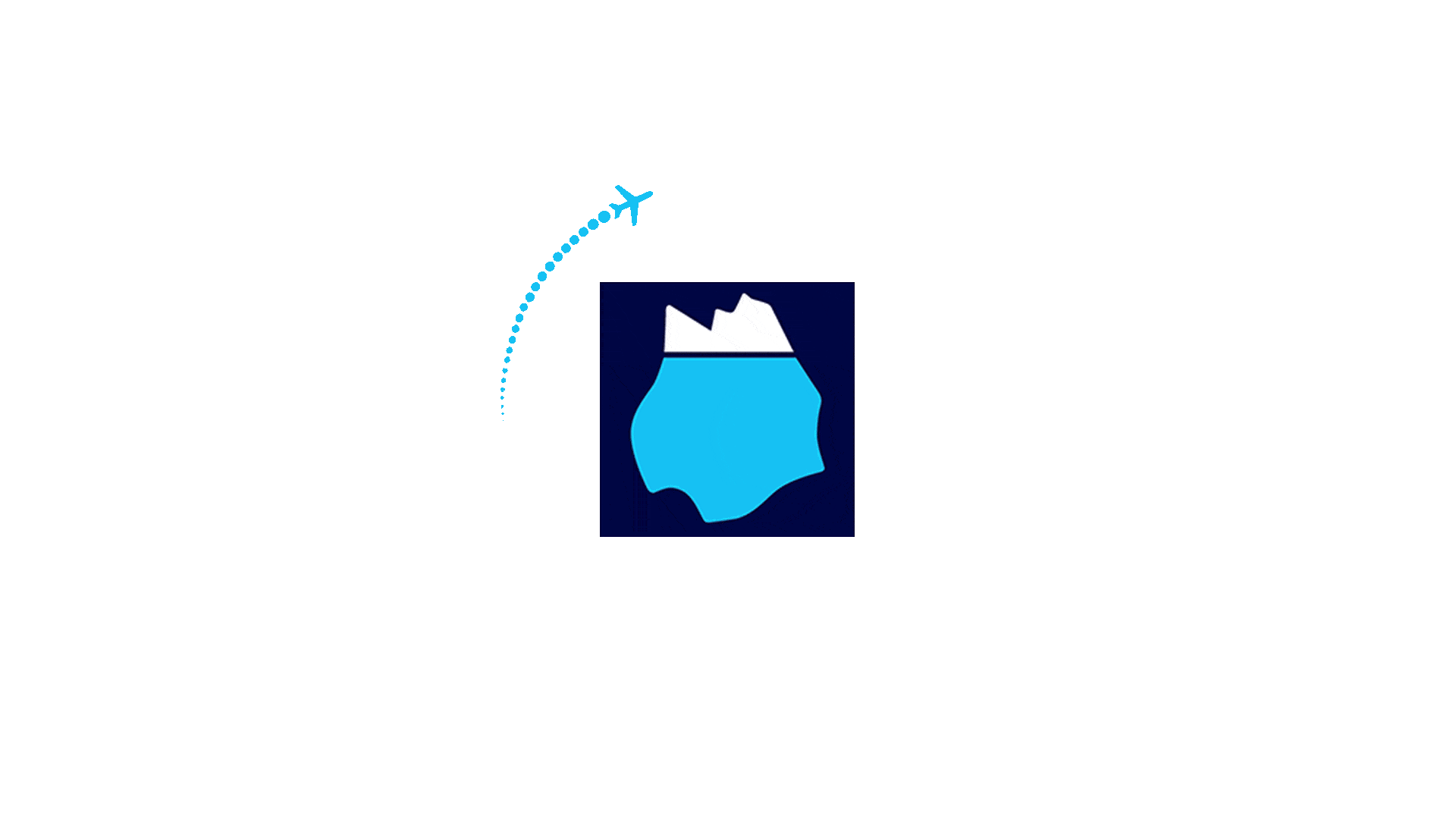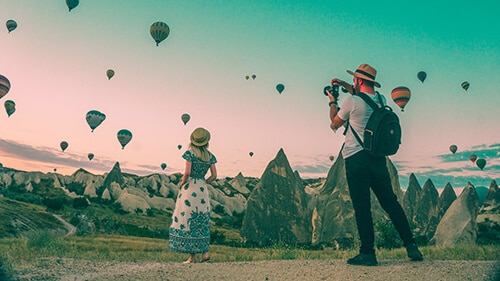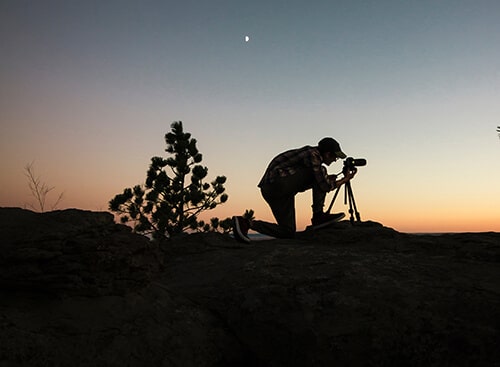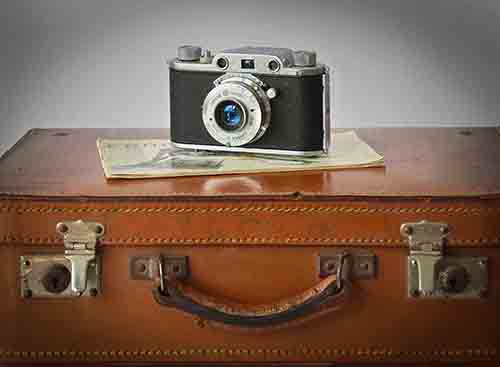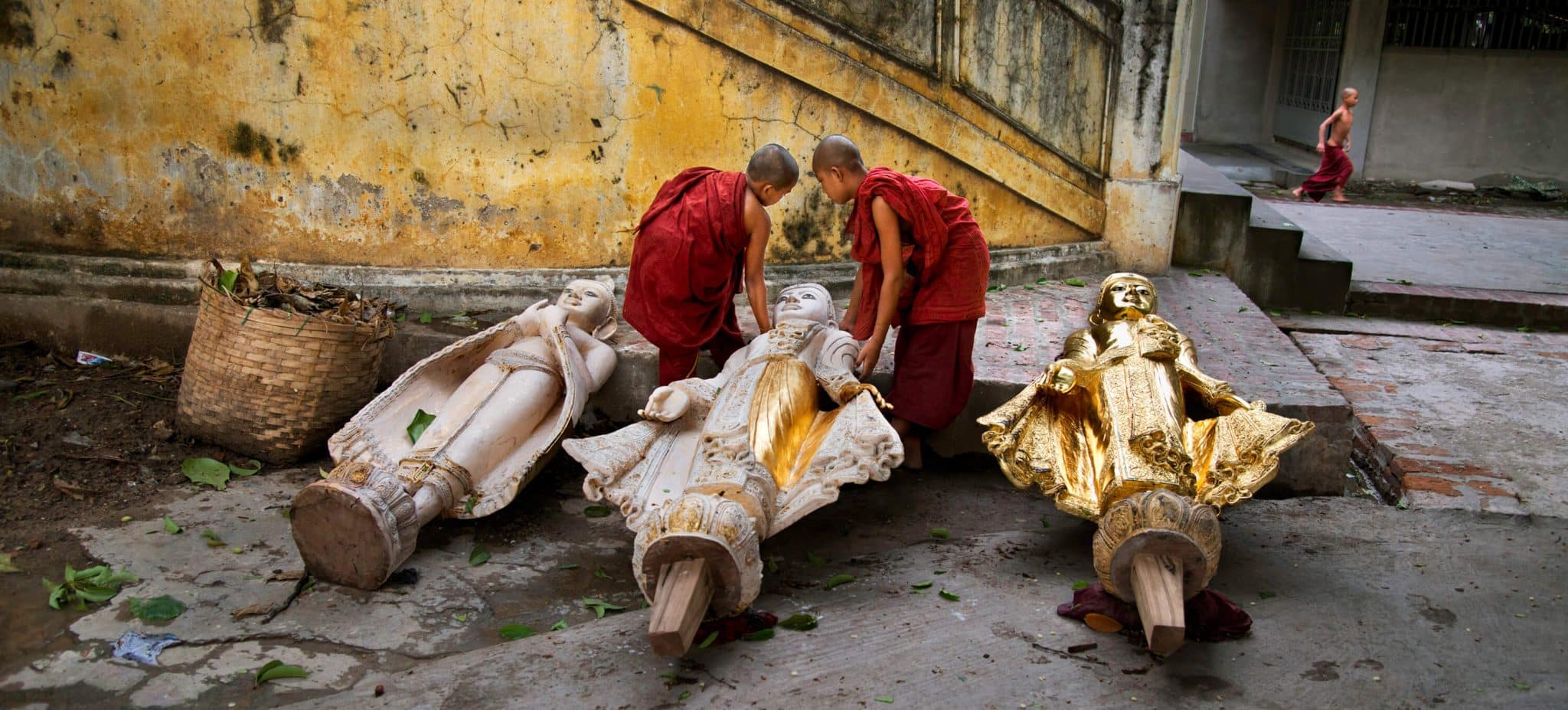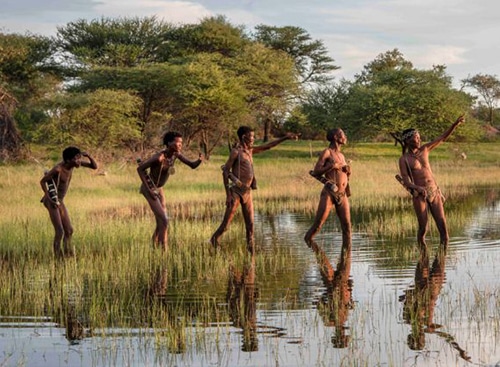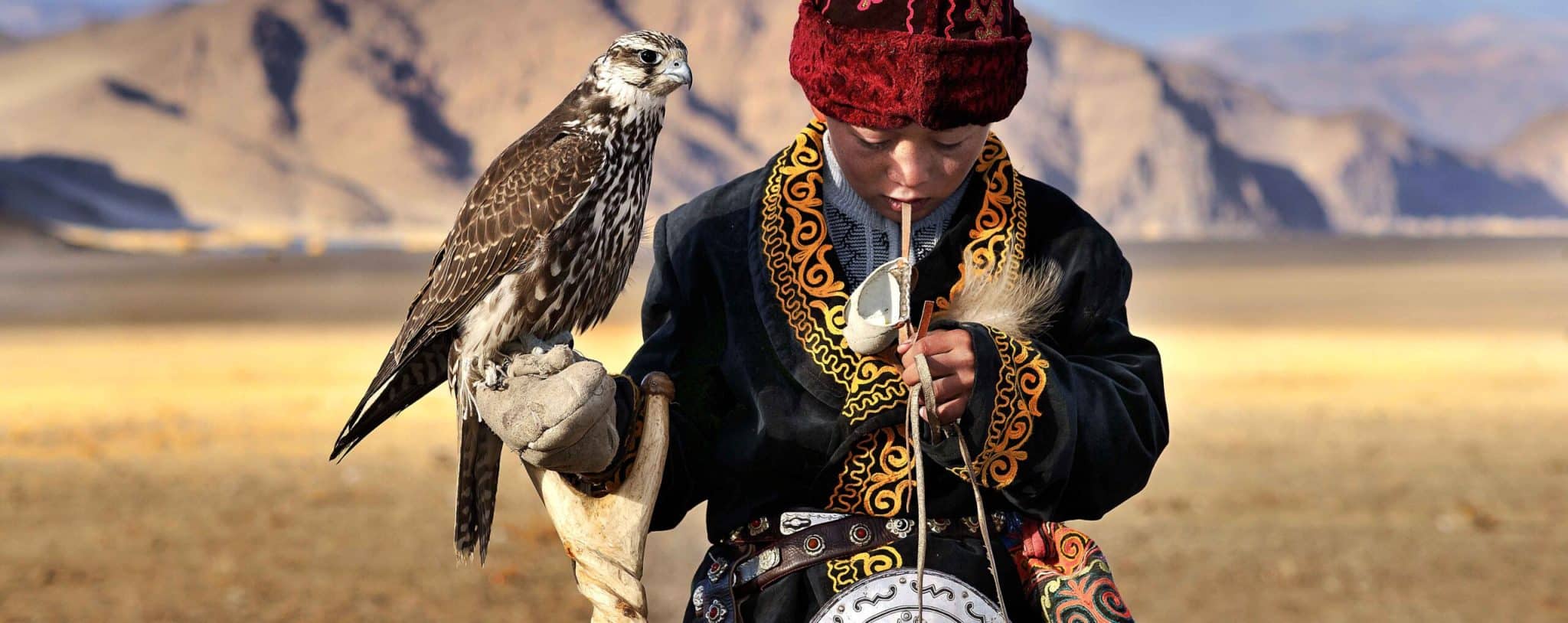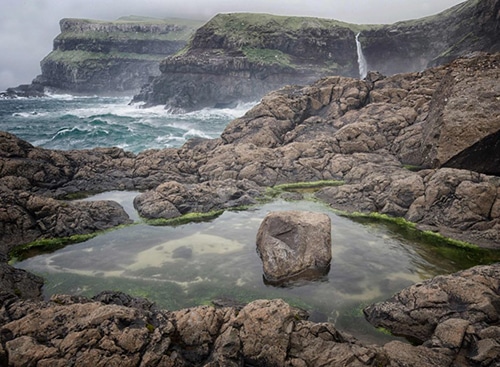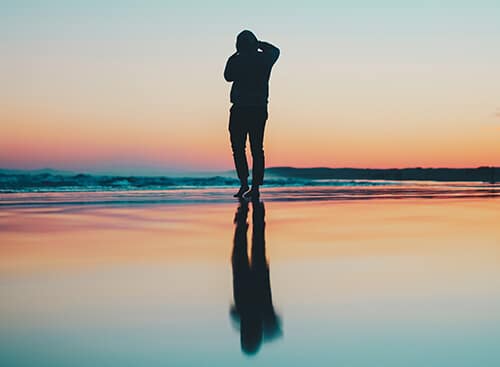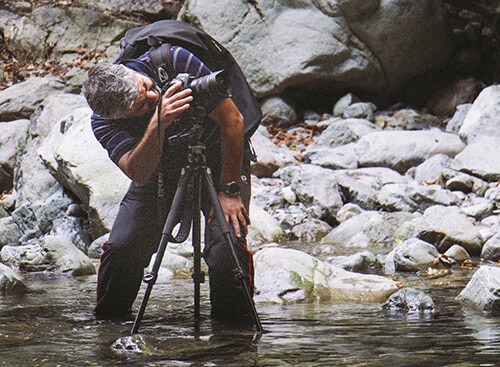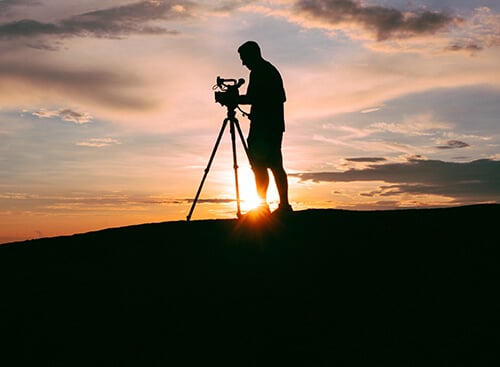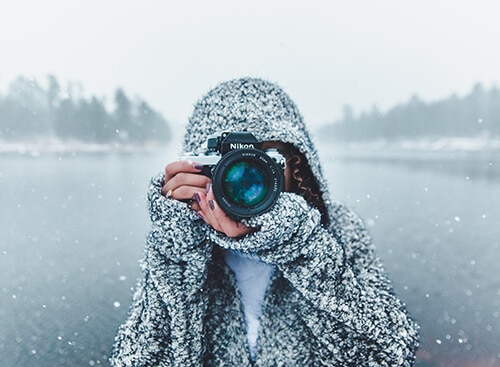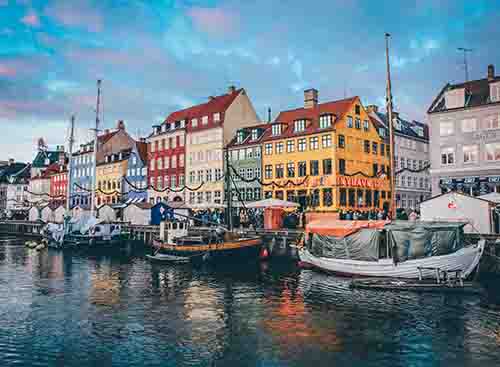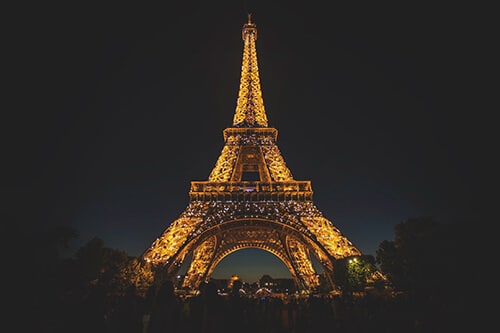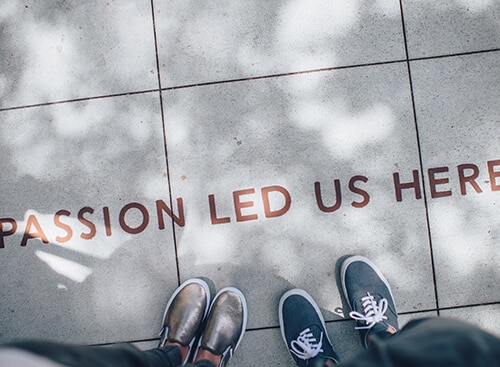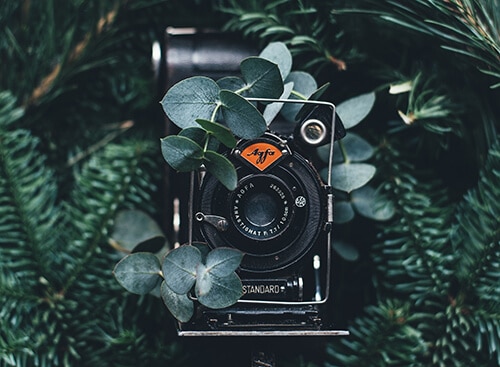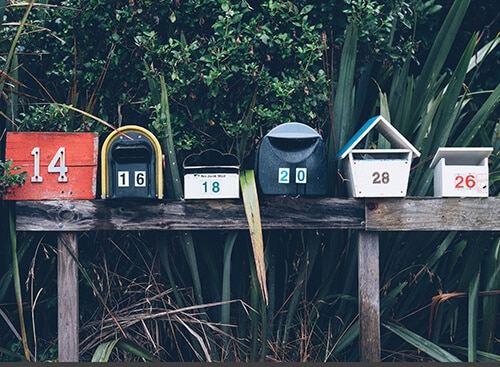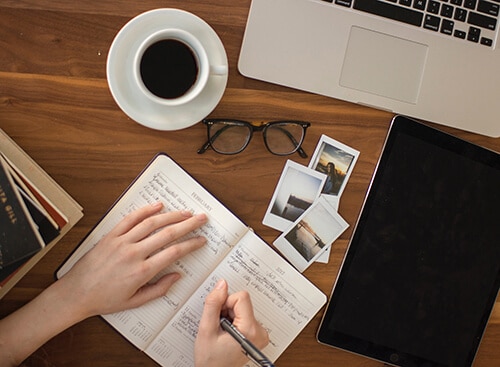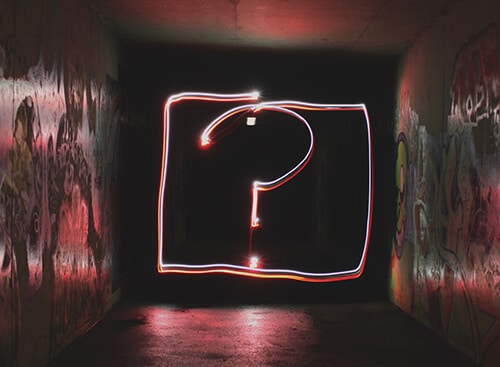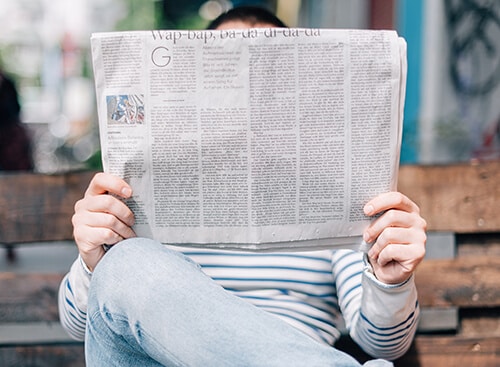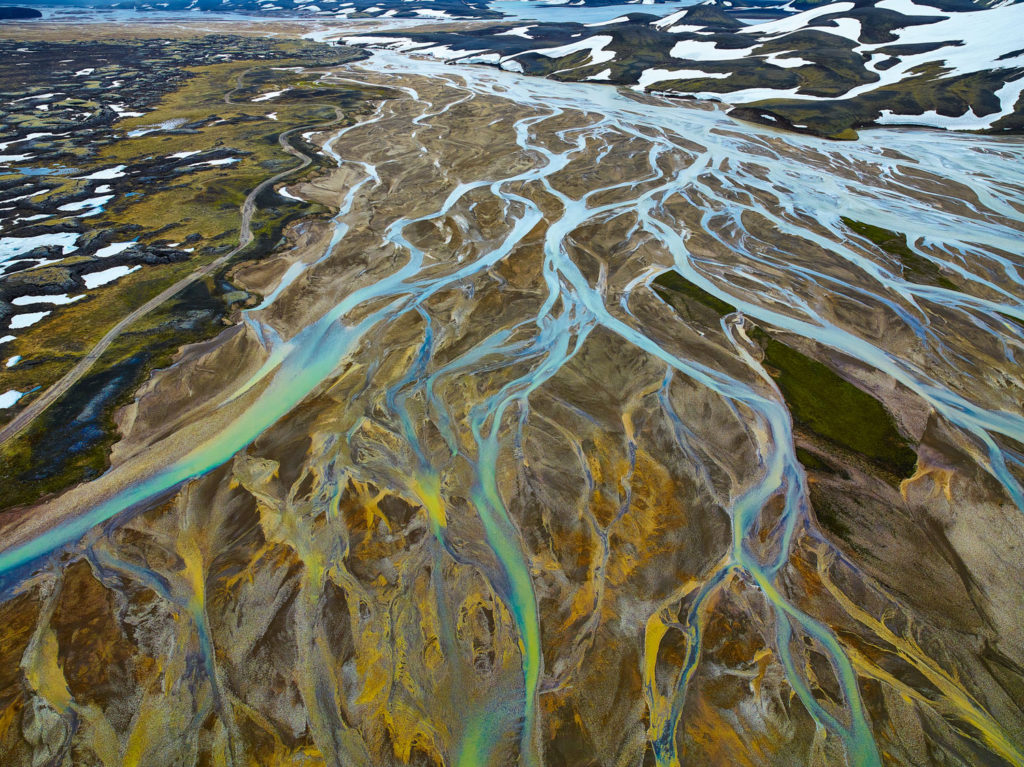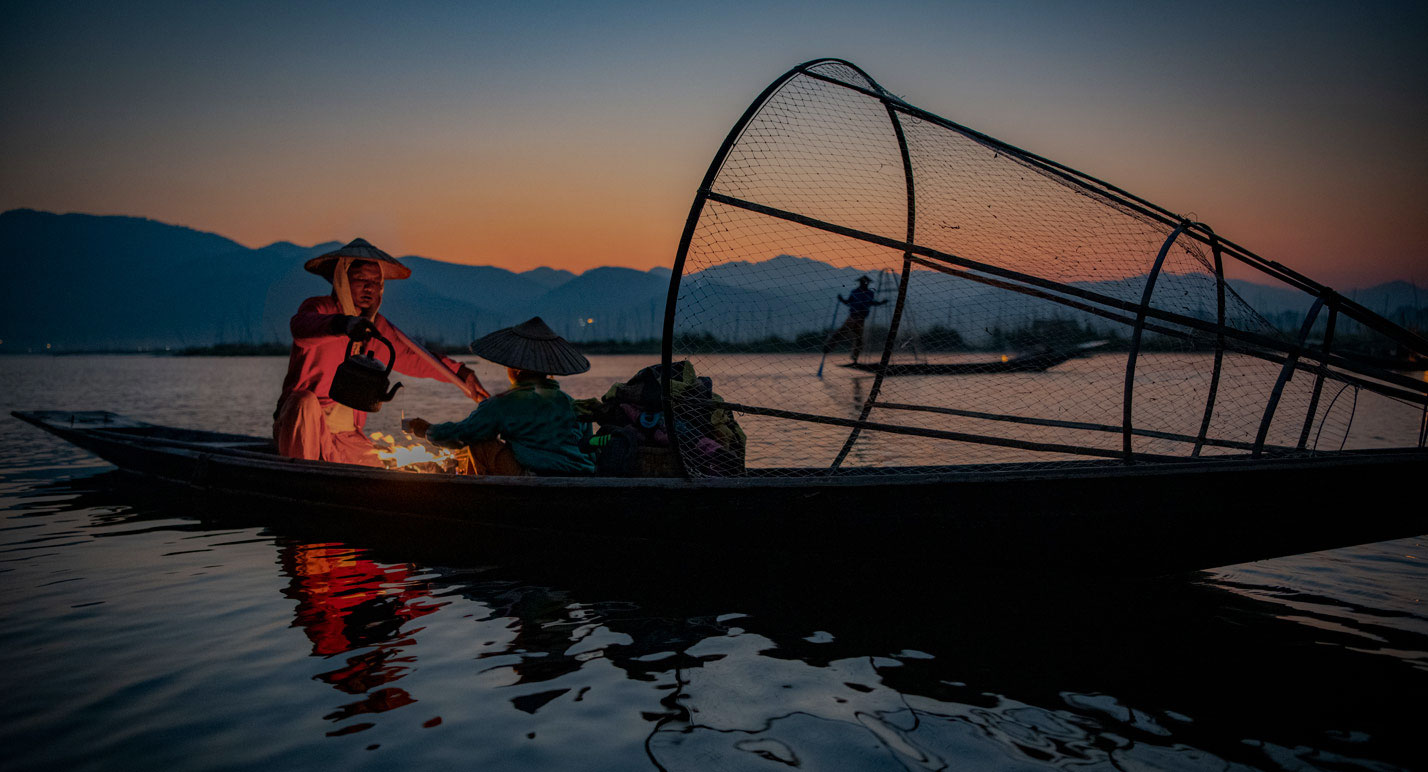5 Tips on Northern Light Photography by Hasselblad Master Tom D. Jones
Aren’t the Northern Lights magnificent? Every winter, when we take off for one of our photography workshops at the Article Circle (even north of it in fact), we are looking forward to encountering the dancing Aurora again. Capturing this fascinating spectacle with a camera requires some preparation and knowledge. But don’t let this discourage you from trying – we can assure you, the effort (and the freezing temperatures) will be worth it. The beautiful photos we brought home are proof for it!
Workshop participant Bernd Beykirch took part in our 2019 workshop in Finland and has fond memories of it: “It was a marvelous workshop with a lot of opportunities for great pictures. Obviously, the highlight was the night in Riisitunturi National Park watching the Northern Lights. It was the whole atmosphere having a rustic dinner in the hikers hut after shooting the sunset and waiting for the Northern Light which is staying in my memories. And then we went out around 23:00 in the -20°C cold and snow laden landscape glowing in the moonlight to take the pictures…”
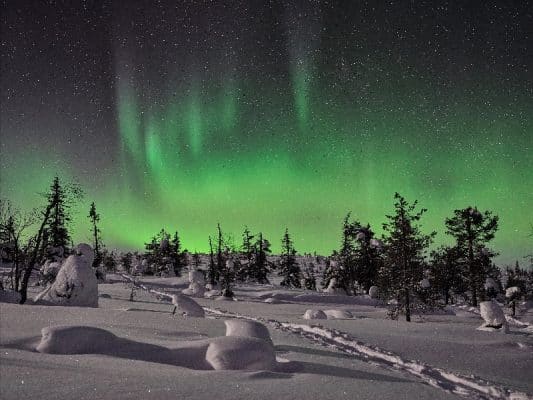
The Aurora dancing on the night sky.| Photo: Bernd Beykirch
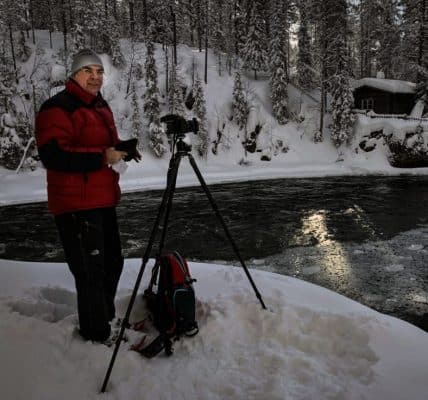
Bernd Beykirch
To help you take such stunning photos yourself, we have asked Better Moments expert and Hasselblad Master Tom D. Jones to share five quick tips on how to capture the beauty of Aurora. We hope you can put them to use!
5 Tips on Northern Light Photography by Tom D. Jones
Tom D. Jones is an award-winning fine art photographer from Belgium. In the past years, he has been leading the Better Moments workshops in Namibia, Finland and Lofoten and will also guide a group of photo enthusiasts to Greenland in 2020. Being familiar with the arctic region, Tom is also knowledgeable in capturing Aurora Borealis. Here are his five tips for taking memorable photos of the Northern Lights.
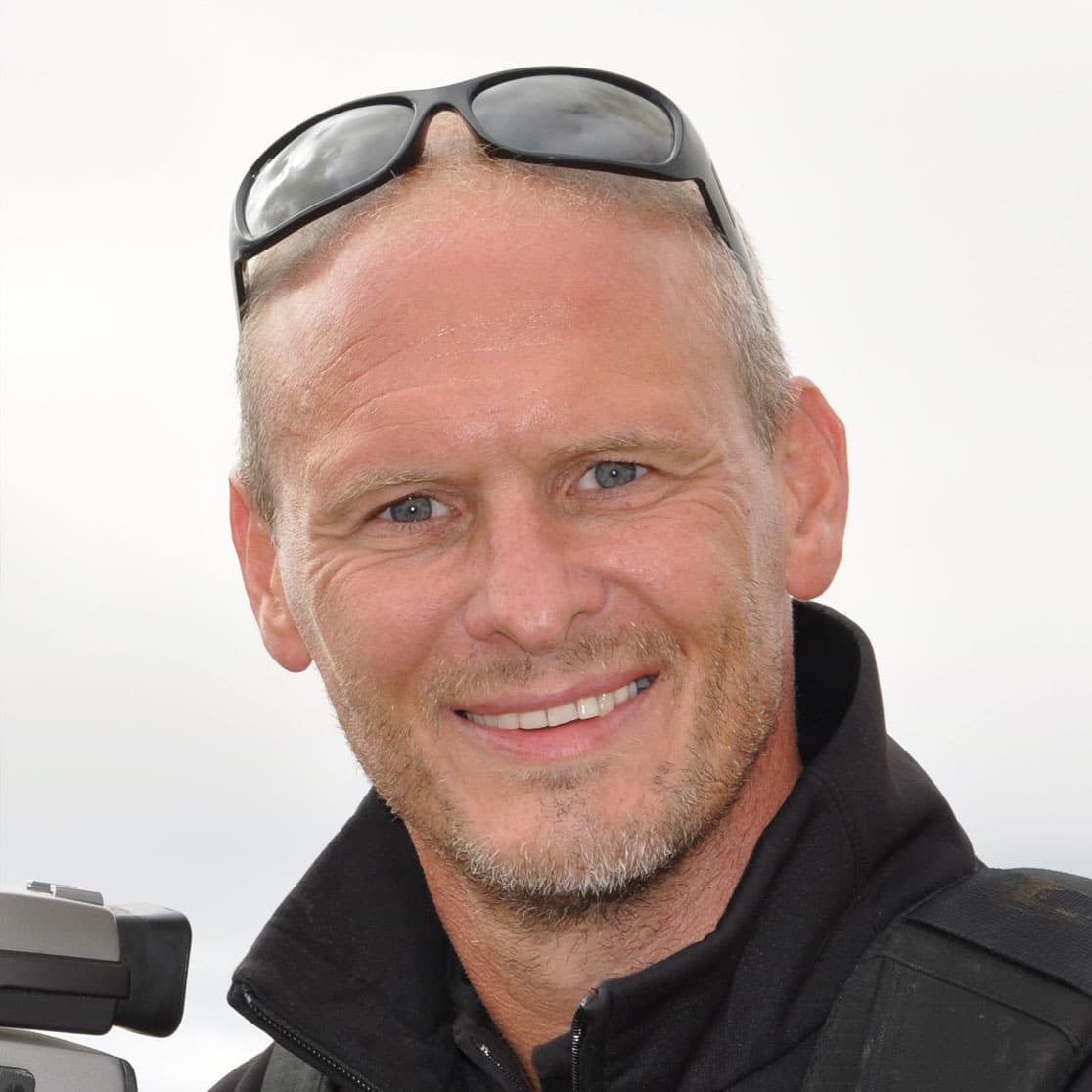
Expert Tom D. Jones

Aurora Borealis | Photo: Tom D. Jones
#1 – Take the right gear
A sturdy tripod, a wide-angle lens (preferably f/1.4-f/2.8 for a wide aperture opening), and a remote control are essential. Keep batteries in your warm pockets to make sure they won’t drain too fast. Moreover, remember it will be pitch black out there so bring a light – but don’t disturb other photographers.
#2 – Add context to the picture
The basic rules of composition, like the Rule of Thirds, also apply to capturing the Aurora so you should always consider the surroundings and how they can add a new dimension, scale and depth to your image.
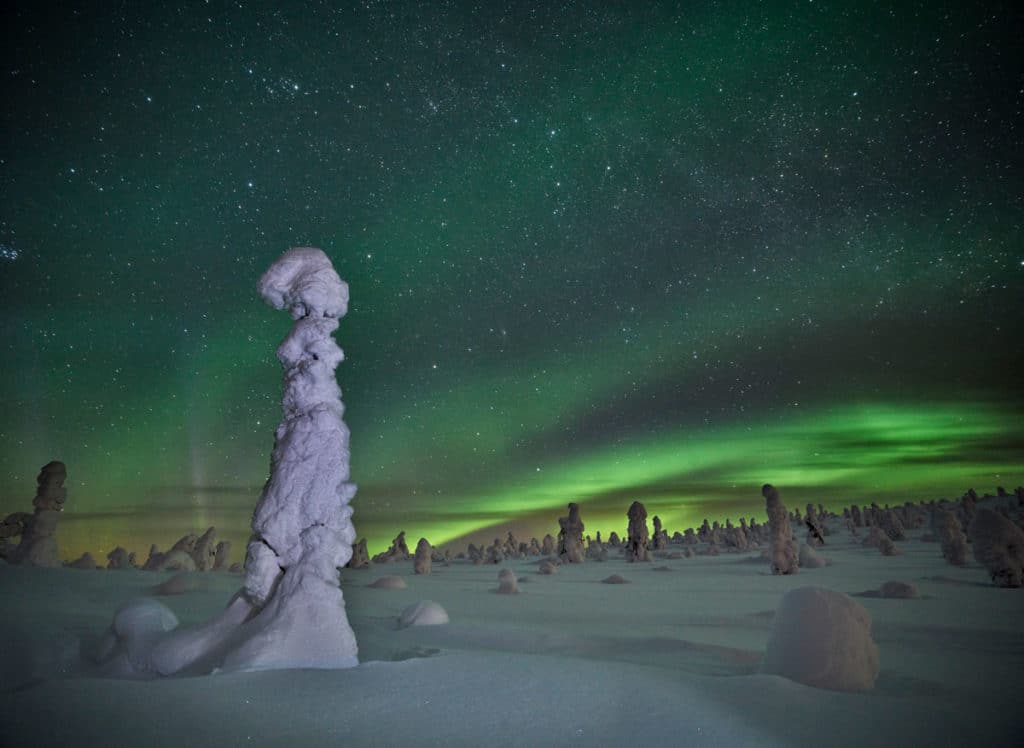
Capturing the Aurora is no witchcraft. It just takes preparation, practice and knowing how to operate your camera in manual mode. | Photo: Tom D. Jones
#3 – Consider the movement
Depending on how fast the Aurora is moving, you need to adapt your shutter speed. As a rule of thumb, exposure between 5 – 25 seconds work well for capturing the Northern Lights.
#4 – Watch the histogram
It can be difficult to find the right exposure, keep an eye on your histogram to ensure that you neither loose dark details, nor “blow out” the green channel by overexposing the photo.
#5 – Check the Aurora activity
The KP-Index ranges from 0-9 (with 0 being the lowest and 9 the highest) and you don’t even need to bother if the index is 2 or below as there won’t be much to see. Everything over 5 is considered a storm and worth heading out into the cold.
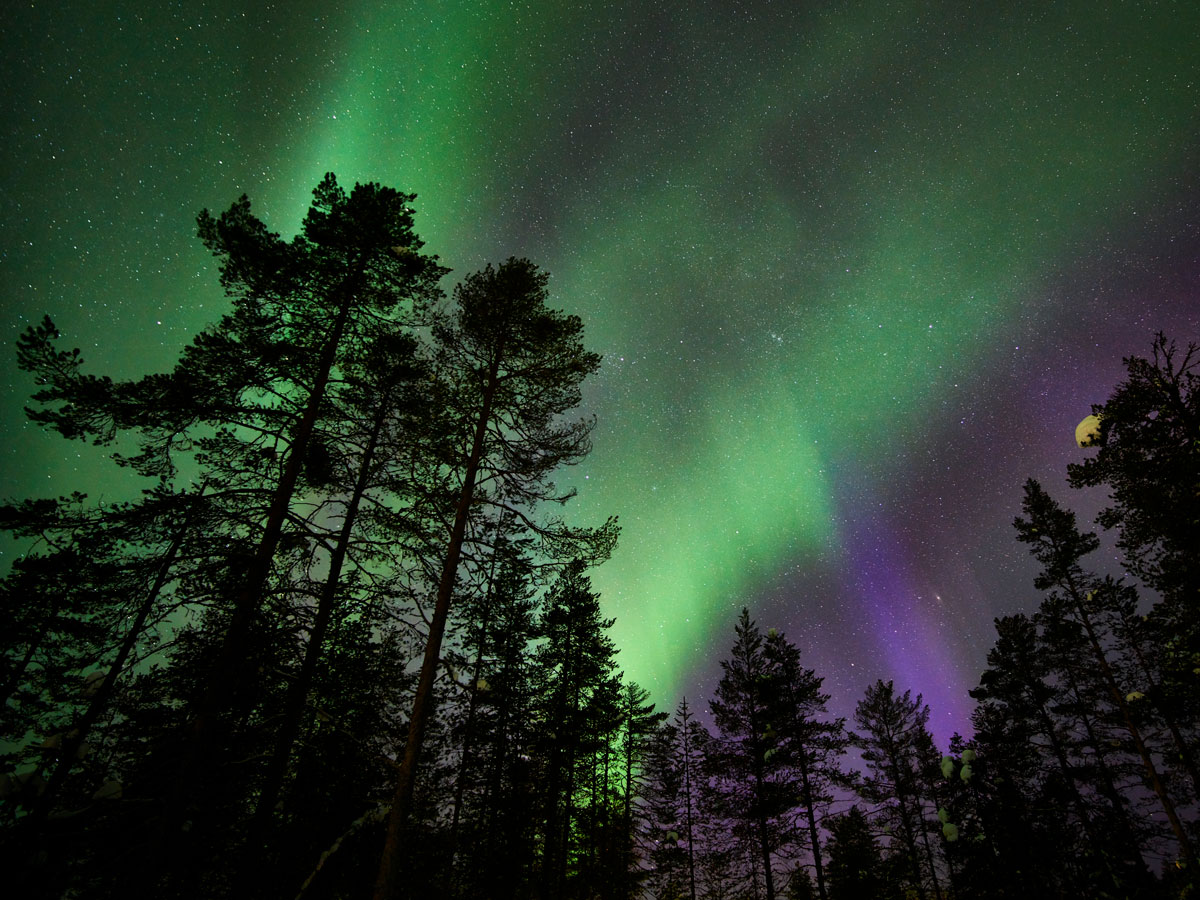
The KP-Index lets you know when to expect activity. | Photo: Tom D. Jones
If capturing Aurora Borealis is still on your bucket list, you should join Tom on our next journey to Northern Finland. This EXPLORER workshop is an excellent opportunity to try Phase One’s XF camera system for FREE.
The full frame medium format camera allows you to capture more data, providing more detail and impressive results. The high resolution, 101 Megapixel sensor delivers stunning image quality, allowing you to take amazing photos of the Northern Lights.
Head to the workshop page to learn more about our adventure to the Arctic Circle.
More about Tom D. Jones? Click here!
